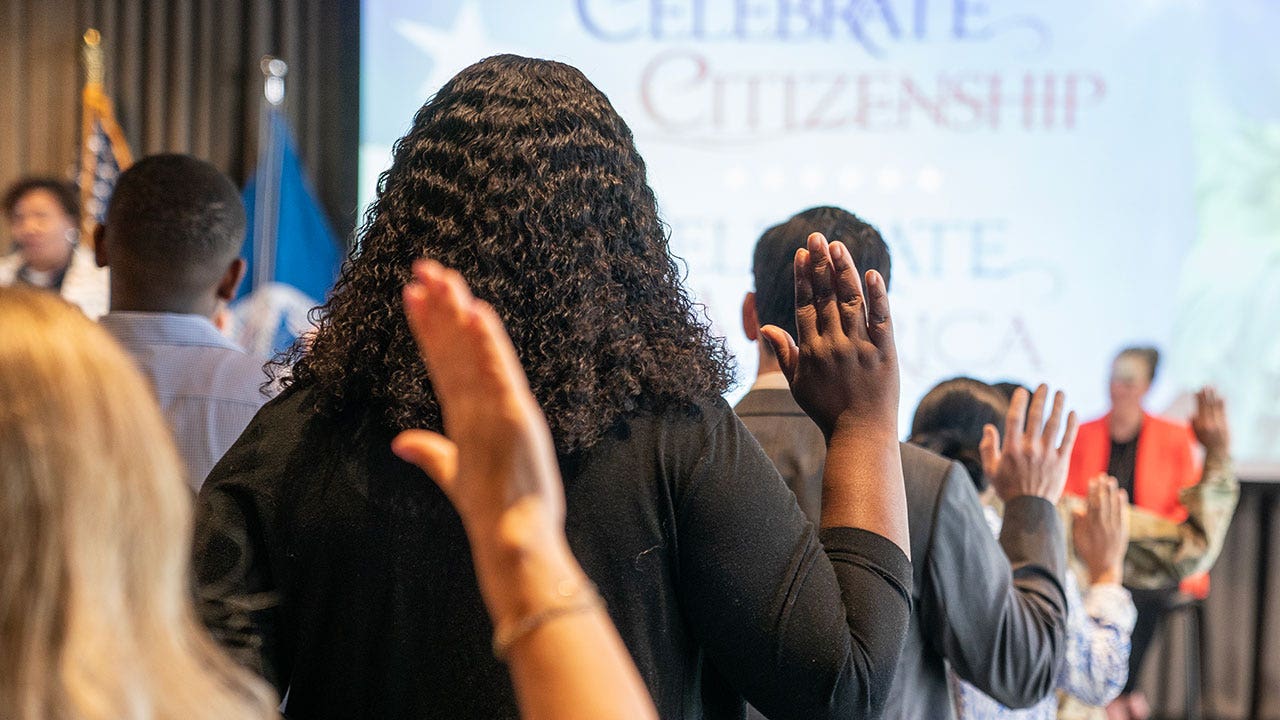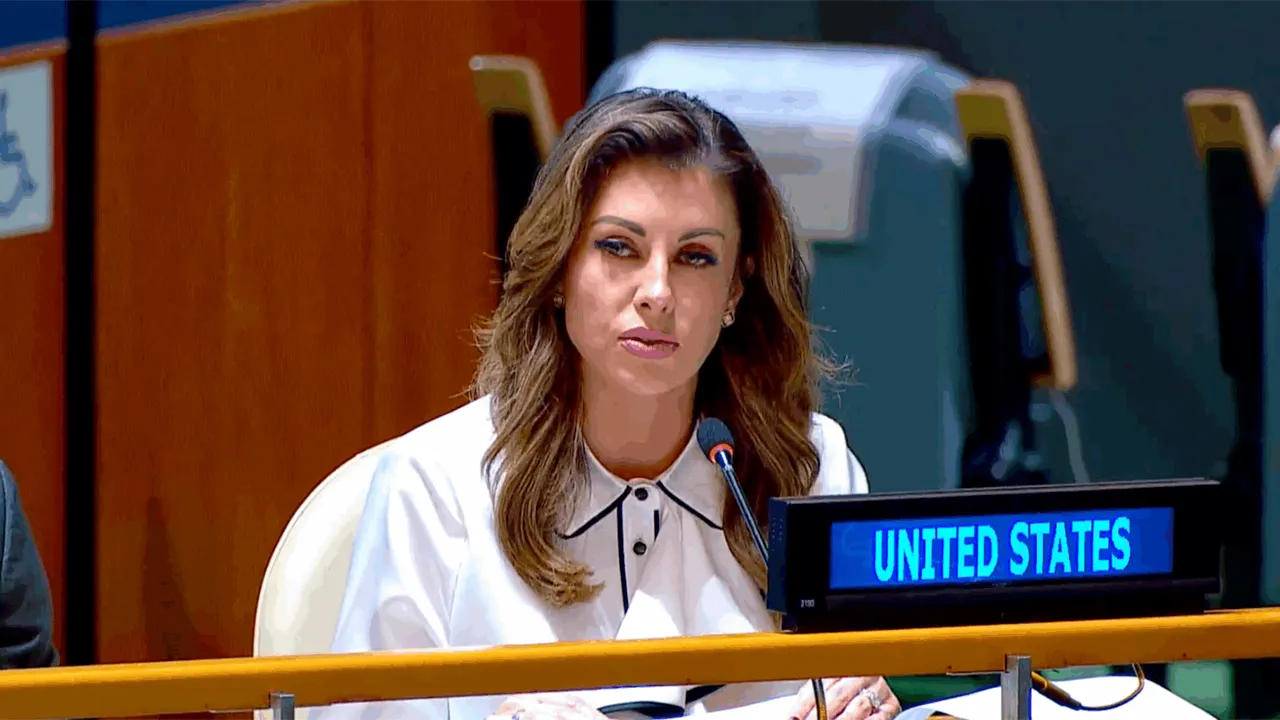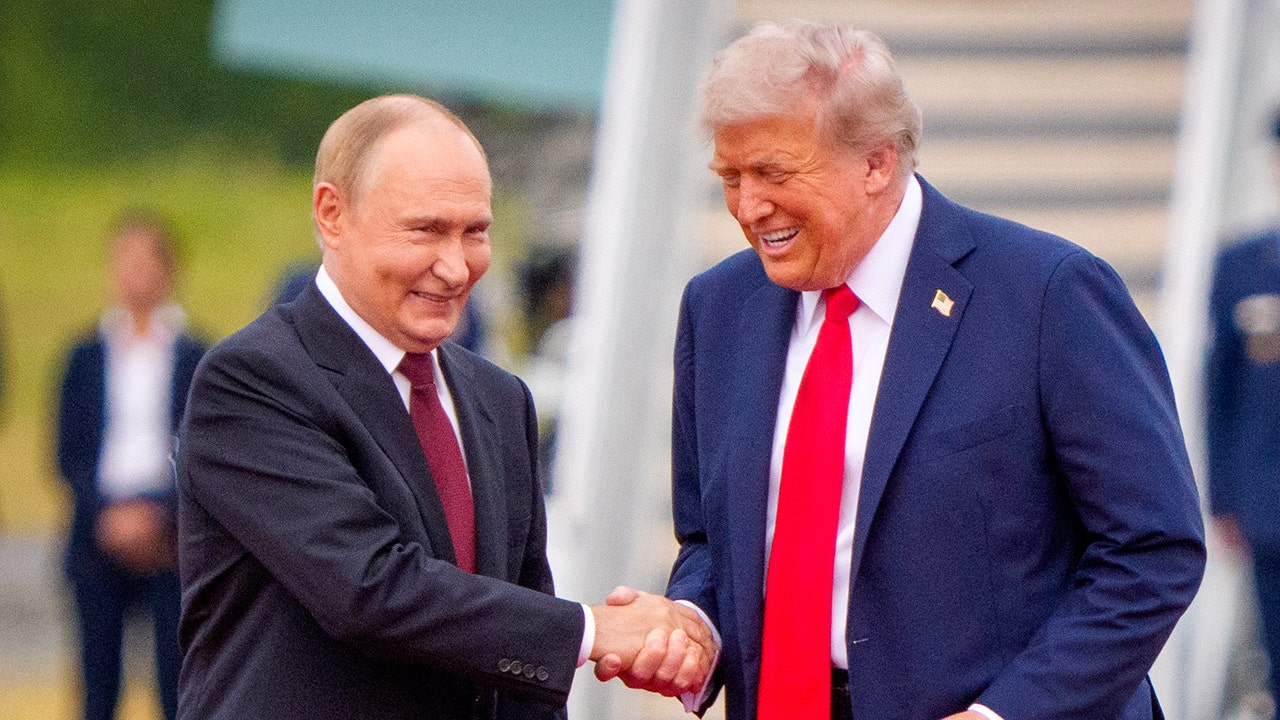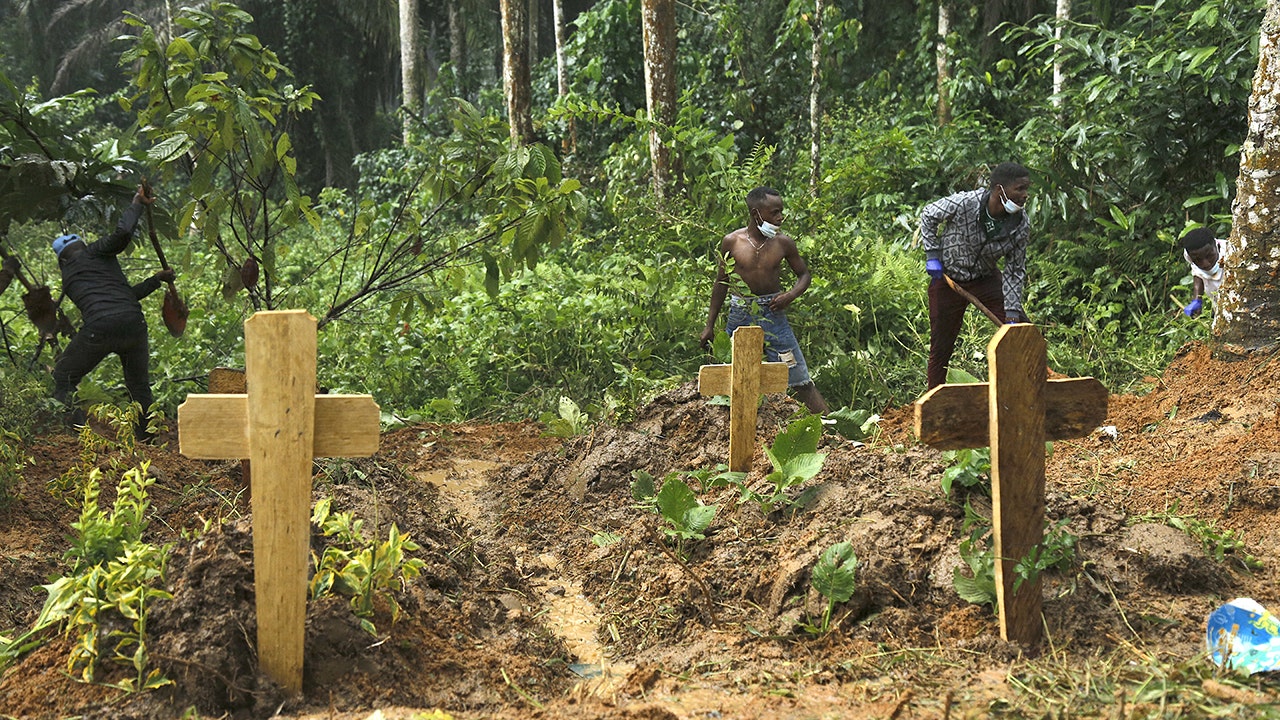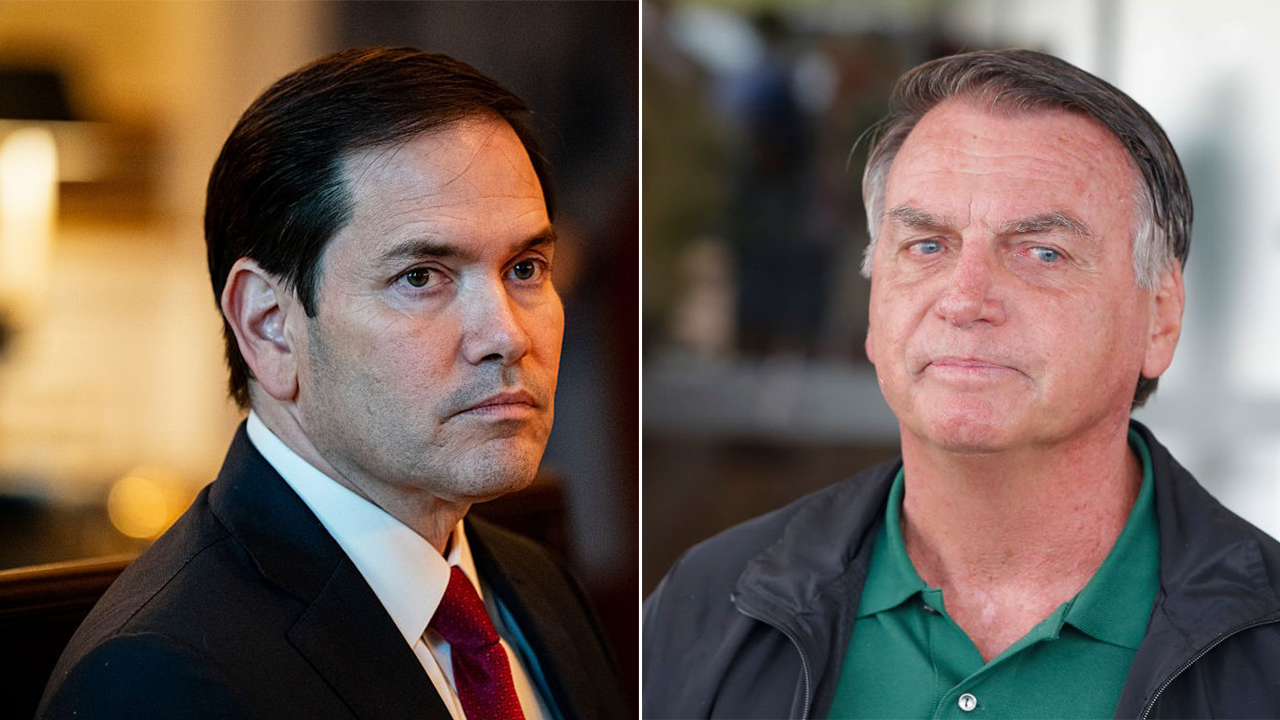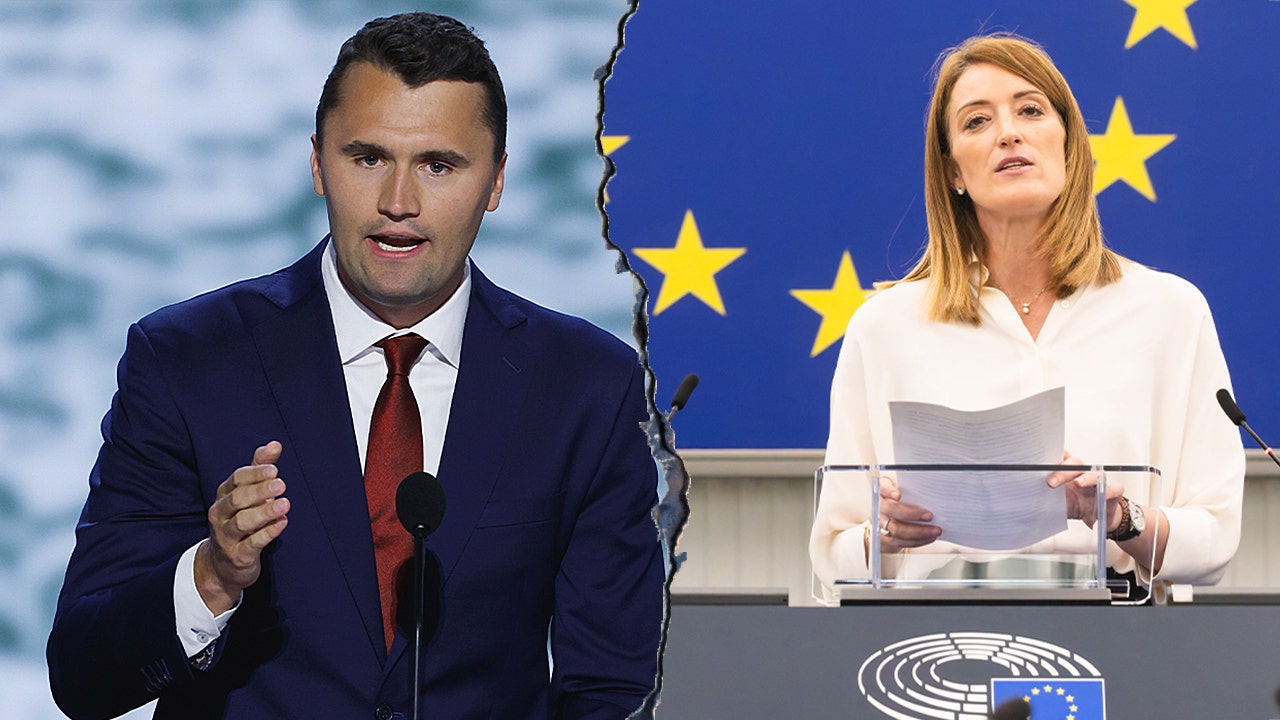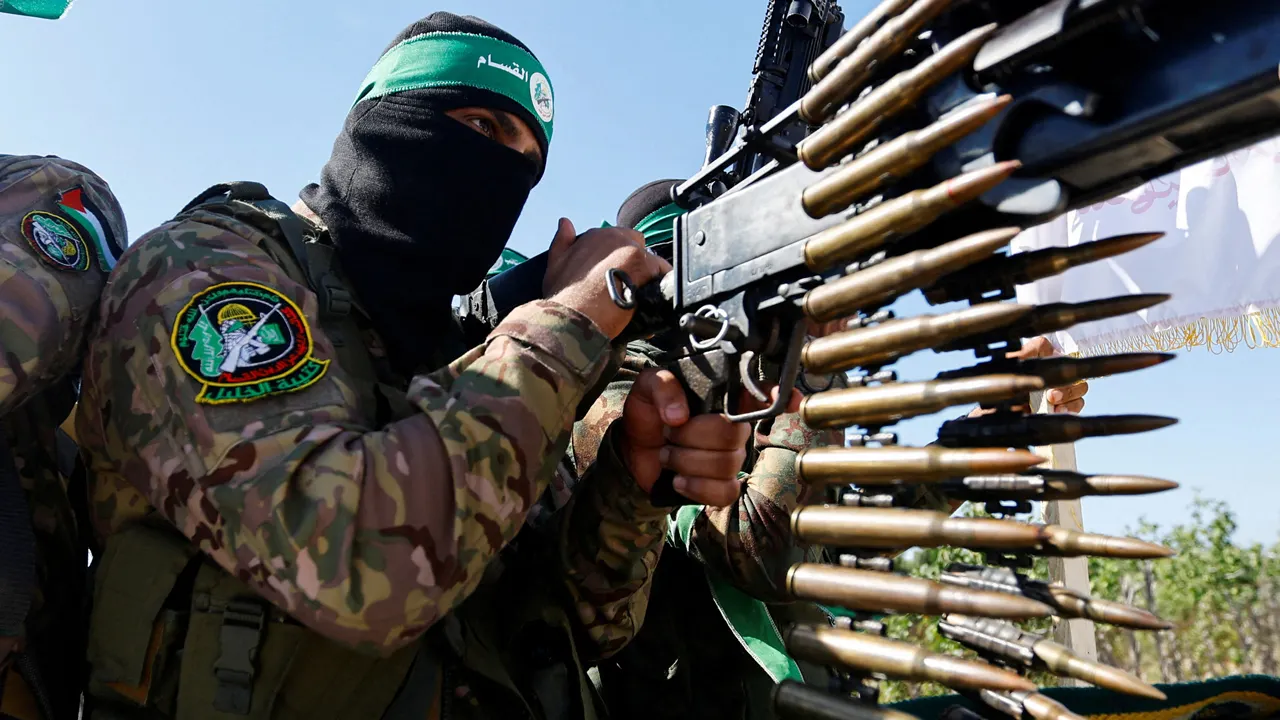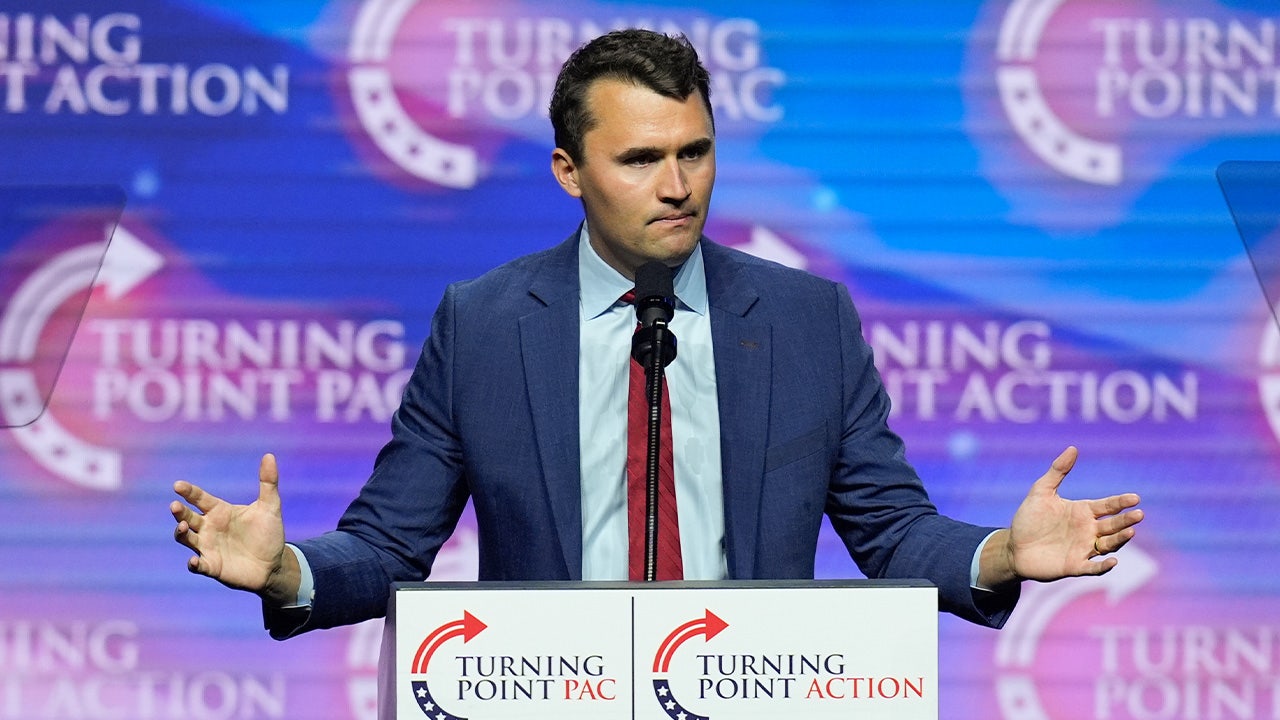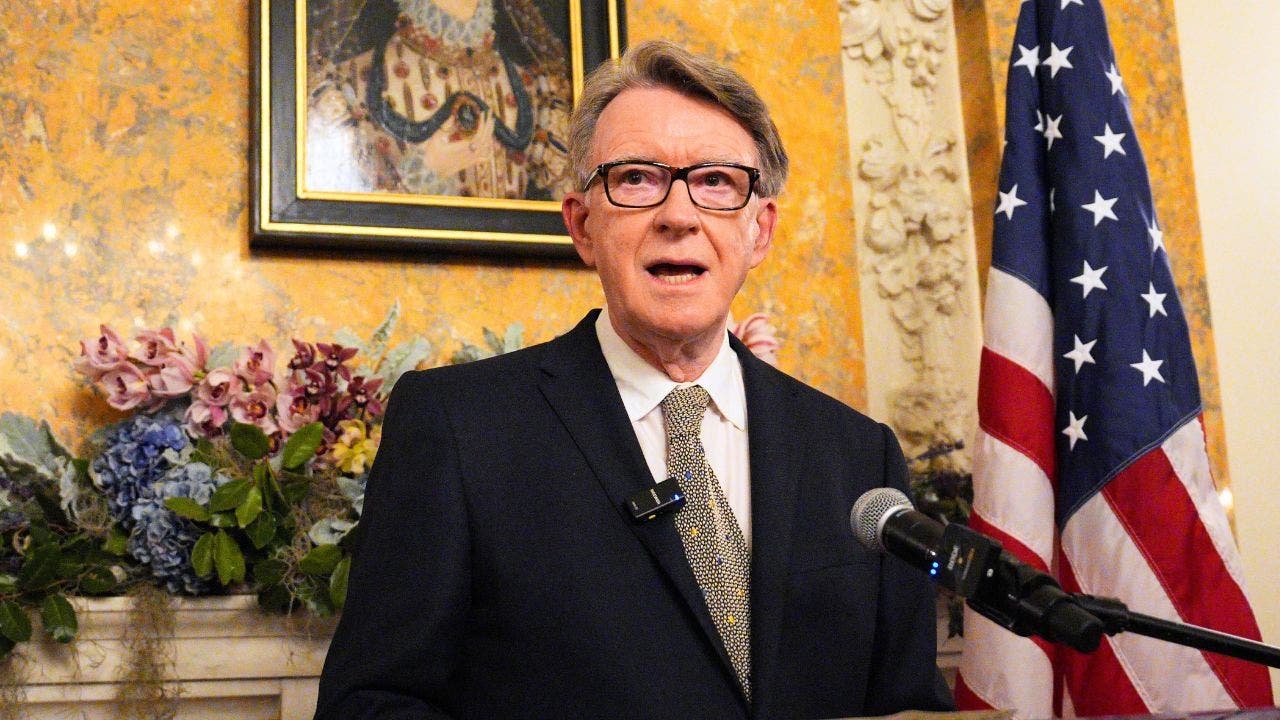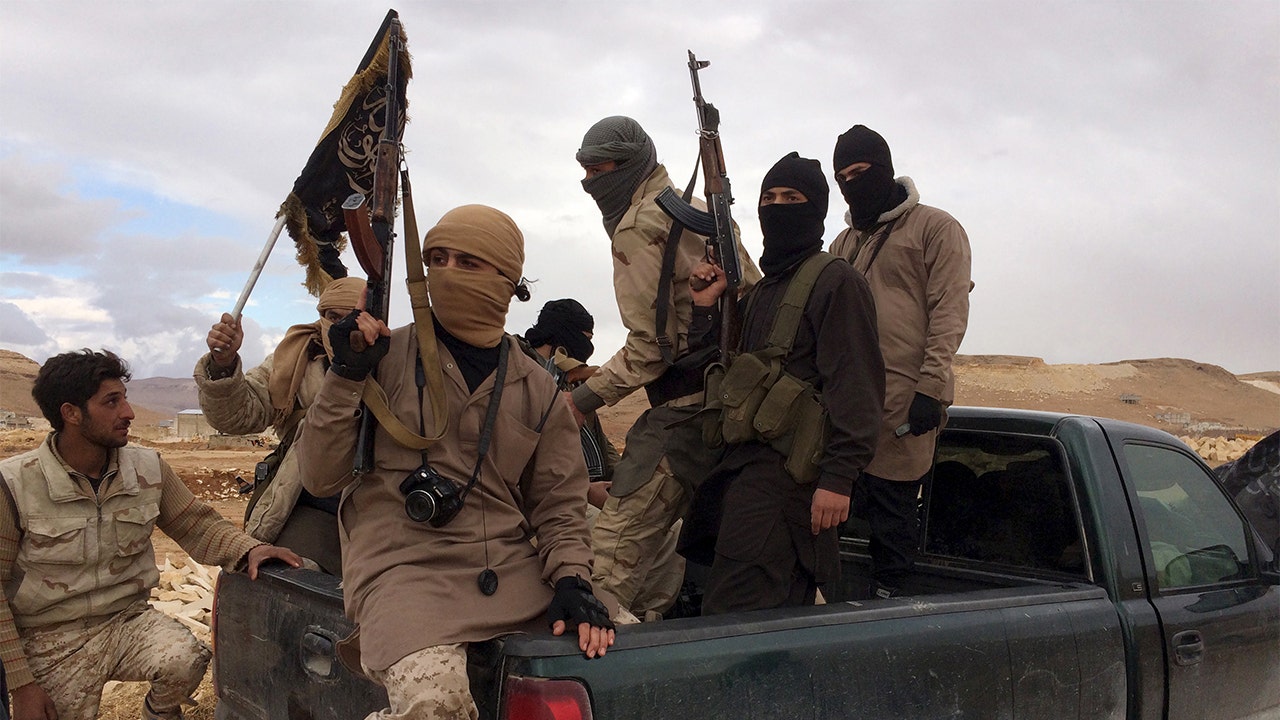Congo entered a second day of voting Thursday after a chaotic rollout and lengthy delays forced officials to extend the balloting in the country’s general election, drawing criticism from some opposition candidates as concerns mount that the logistical hurdles could affect the credibility of the results.
At stake is the future of one of Africa’s largest nations and one whose mineral resources are increasingly crucial to the global economy. Congo has a history of disputed elections that can turn violent, and there’s little confidence among many Congolese in the country’s institutions.
President Felix Tshisekedi, who is seeking his second and final five-year term, has spent much of his time in office trying to gain legitimacy after a disputed 2018 election. Some 44 million people — almost half the population — were expected to vote in this year’s presidential contest and in legislative and provincial elections held simultaneously.
VOTING EXTENDED IN CONGOLESE ELECTION AMID POLLING DELAYS
There is no second round of voting for president. The winning candidate will be the one who receives the most votes. That’s likely to be Tshisekedi since the opposition is fractured.
The election commission said Wednesday a delay in the deployment of certain materials and equipment resulted in some polls opening late and others not opening at all. Voting stations that didn’t open Wednesday will allow people to cast their ballots between 6 a.m. and 5 p.m. Thursday, according to a statement from the commission.
Polling places that completed voting began counting results late Wednesday night and into the morning. Each of the 75,000 polling stations is expected to post its results outside before the final results are tallied and announced.
Local residents stayed outside some sites through the night to monitor the counts and were still there nodding off Thursday morning.
“It is important for me to be a witness in order to protect the voting process. Sometimes they steal our votes; that’s why we were sent here to protect our voting process,” Moise Ibadu, one of the unofficial monitors, said.
Polls were supposed to stay open for 11 hours regardless of when they started. But in the eastern city of Goma, Associated Press reporters saw some stations open late Wednesday afternoon and close by 8 p.m., preventing people from voting. It was unclear if those locations would reopen Thursday.
Some people who were unable to vote because the machines broke down tried to return Thursday to cast ballots but found their stations closed.
“I am disappointed because I couldn’t vote, and I am not alone. There are many other people who couldn’t vote,” said a 45-year-woman who did not want to be named.
But not everyone agreed the voting should have been prolonged.
“What happened yesterday was just sabotage of the electoral process,” said Bienvenu Matumo, a member of the rights group LUCHA. “The law makes no provision for extension, but this is a fait accompli on the part of (the election commission),” he said.
OPPOSITION LEADER LAUNCHES BID TO UNSEAT CONGOLESE PRESIDENT
On Wednesday, some people waited for 10 hours or more to vote. Associated Press reporters saw frustrated voters at one station in the capital, Kinshasa, aggressively try to push past police wearing riot gear. At least one station didn’t receive materials until an hour and a half before it was scheduled to close.
In conflict-riddled eastern Congo, displaced people said they couldn’t find their names on voter lists. In the city of Bunia, a voting center was vandalized in a dispute between the electoral commission and voters, and gunshots in the area prevented people from voting.
Fighting between more than 120 armed groups for land and power, and to protect their communities, has been ongoing for decades in the east but has worsened in recent years with the resurgence of the rebel group M23, which has seized territory and displaced millions of people.
Some displaced people who were unable to register due to the violence tried in vain to use older electoral cards Wednesday and were turned away.
Wednesday’s chaos didn’t come as a surprise to election observers and Congo experts, who have been warning for weeks that massive logistical challenges could hamper the vote’s rollout and threaten its credibility.
Election observers say they’re preparing for the post-electoral period, when the results could be contested. Nicolas Teindas, the director for the international observation mission for the Carter Center, warned that there were high levels of disputes in the past.
Read the full article here


